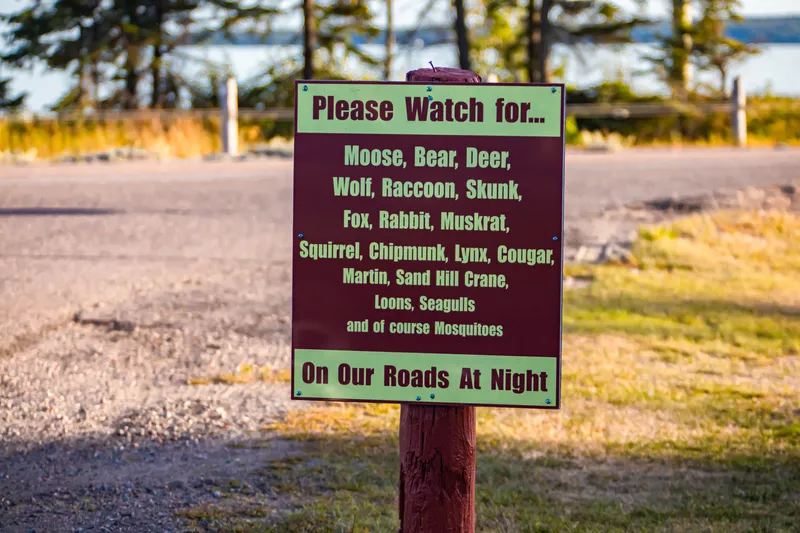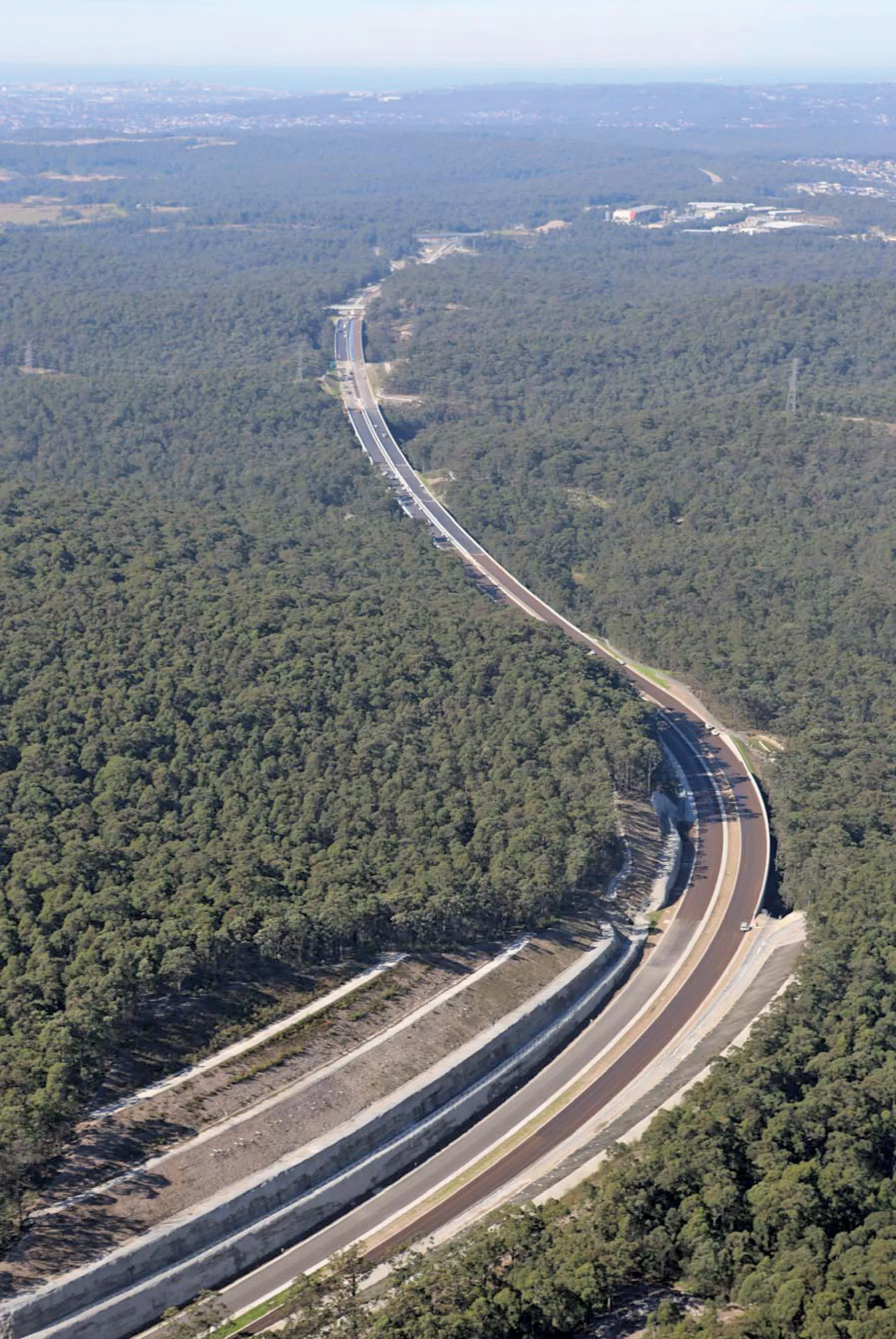Sweden is planning to construct more wildlife crossings in a bid to reduce roadkills. The plans have been drawn up by the Swedish Transport Administration (Trafikverket) and call for €321.74 million to be spent on building new wildlife crossings, bridges and underpasses, as well as erecting more wildlife fencing. The aim is to tackle the country’s current rising number of roadkills. There are currently 3,000km of wildlife fences in Sweden. A survey by Trafikverket has shown that a combination of wildlife fe
May 18, 2016
Read time: 1 min
Sweden is planning to construct more wildlife crossings in a bid to reduce roadkills. The plans have been drawn up by the Swedish Transport Administration (1096 Trafikverket) and call for €321.74 million to be spent on building new wildlife crossings, bridges and underpasses, as well as erecting more wildlife fencing. The aim is to tackle the country’s current rising number of roadkills. There are currently 3,000km of wildlife fences in Sweden. A survey by Trafikverket has shown that a combination of wildlife fences and wildlife crossings could reduce the number of roadkills by 83%. The survey has identified 2,000 locations where wildlife fences would direct animals towards bridges and underpasses. Trafikverket believes that this move would be a good investment as roadkills can result in serious crashes and also cause costly traffic delays. The study has been presented to the government.







